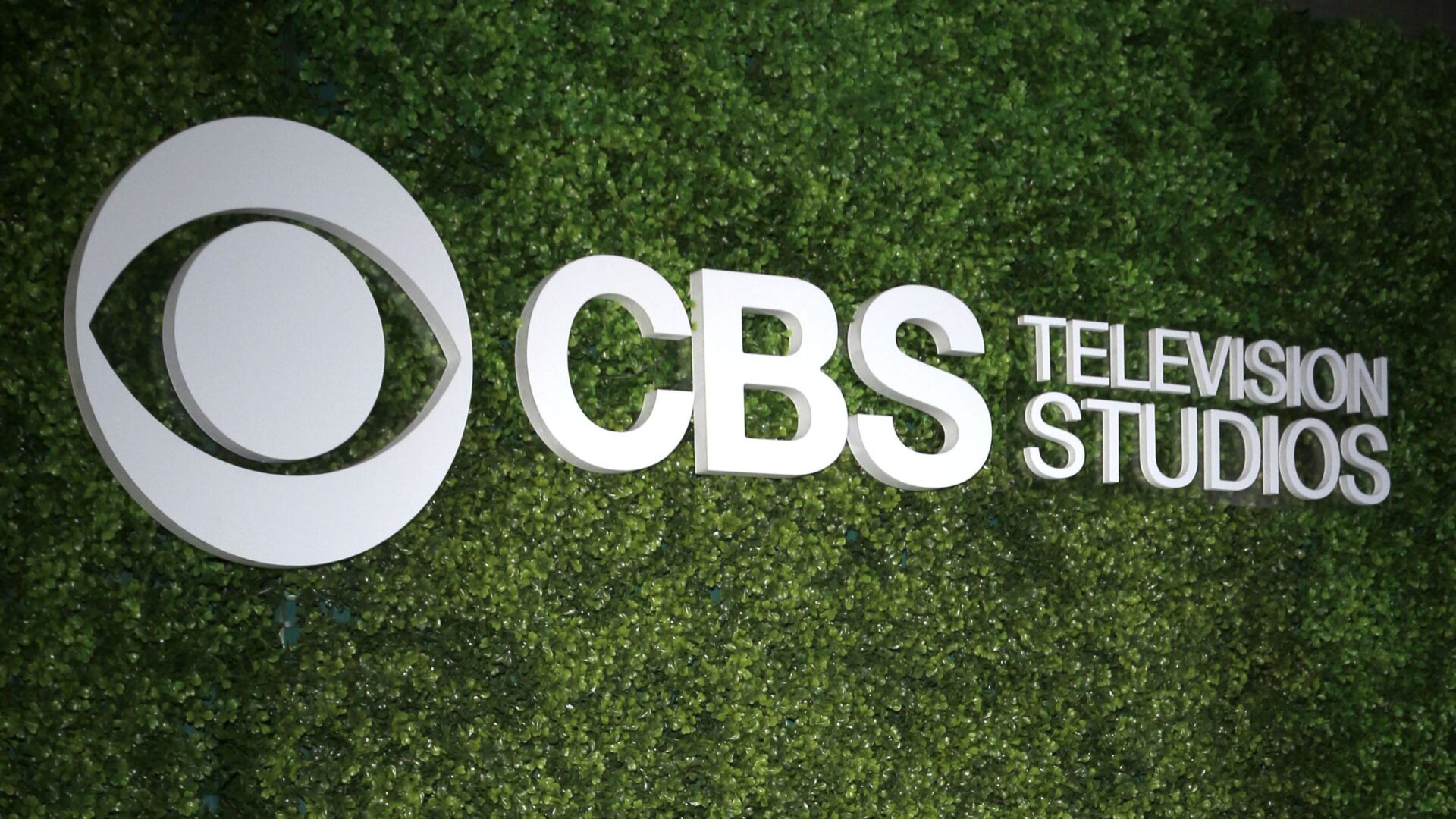Key Takeaways:
• Trump asked “60 Minutes” to cut his own CBS editing brag
• He sued CBS over an earlier Harris interview edit
• Tech reporter Mike Masnick highlighted the ironic twist
• CBS paid Trump for its merger, not for changing answers
• The incident shows how editing, lawsuits, and media mix
CBS editing came under fresh fire after a “60 Minutes” chat with Donald Trump. The former president bragged about suing CBS, then asked the show not to air that line. Tech reporter Mike Masnick seized on the contradiction, pointing out that Trump’s own tale was pure fiction.
Background of the Lawsuit
Last year, Trump sued CBS, claiming it altered a “60 Minutes” interview with Vice President Harris. He said the network spliced in a better answer days before the election. In truth, news shows often trim interviews to fit time limits. Still, Trump insisted CBS pay up and demanded strict control over what aired.
What Went Wrong in CBS Editing?
On air, Trump told Norah O’Donnell that “60 Minutes paid me a lotta money” because they cut a “bad” answer. Then he praised the show’s new young leader and CBS’s new owner, Larry Ellison. Yet, he added, “You don’t have to put this on, because I don’t wanna embarrass you.” In other words, he asked for self-censorship immediately after bragging.
Even though he warned against “fake news,” his payment claim was false. CBS paid Trump to smooth its merger deal, everyone knew that. Meanwhile, O’Donnell tried to steer him back, but he kept going. The moment laid bare his shaky grip on the media world and made for prime comedic fodder.
Why the CBS Editing Joke Stings
Mike Masnick called out Trump’s mix-up as “incredibly stupid.” He noted the irony of suing over edits while demanding a cut in real time. Moreover, he mocked the false payment story. The lawsuit’s real purpose was merger approval, not answer changes. Thus, what Trump called “legit news” became a display of his own confusion.
The Bigger Picture
This CBS editing saga ties into broader media trends. Networks routinely edit to keep shows tight. High-profile lawsuits over edits remain rare. At the same time, CBS faced a major sale to Larry Ellison’s group. That deal involved a hefty payment to Trump, a fact he somehow overlooked in his rant.
News outlets balance fairness and pacing under tight deadlines. When figures sue them, it can chill bold reporting. Lawsuits may even expose more than they hide—especially when the complainant contradicts himself on tape.
What This Means for News and Lawsuits
First, transparency is key. Viewers deserve clear edits and honest corrections. Second, humor is a powerful tool. A well-placed joke can reveal contradictions faster than any long analysis. Third, lawsuits can backfire spectacularly. Trump’s move highlighted his own misstep more than he intended.
Consequently, networks may review editing policies and legal risks. They will aim to protect free press while avoiding needless litigation. After all, accurate news depends on both integrity and accountability.
Conclusion
The CBS editing debacle offers a lesson in irony. Trump slammed “fake news” while telling “60 Minutes” to air-strike his own remarks. Mike Masnick’s witty takedown underlined the absurdity. In the end, viewers saw how politics, media, and law can mix into one ironic moment—and why we must watch edits closely.
Frequently Asked Questions
What exactly did Trump ask “60 Minutes” to remove?
He asked them not to air his comment about CBS paying him a lot of money for editing.
Why did Trump sue CBS originally?
He claimed the network altered a Harris interview to improve her image, though that change was standard editing.
Is it normal for news shows to edit interviews?
Yes, editing for time and clarity is common practice in broadcast news.
How can viewers spot misleading edits?
Compare full transcripts, watch multiple outlets, and question whether cuts alter the speaker’s main point.
